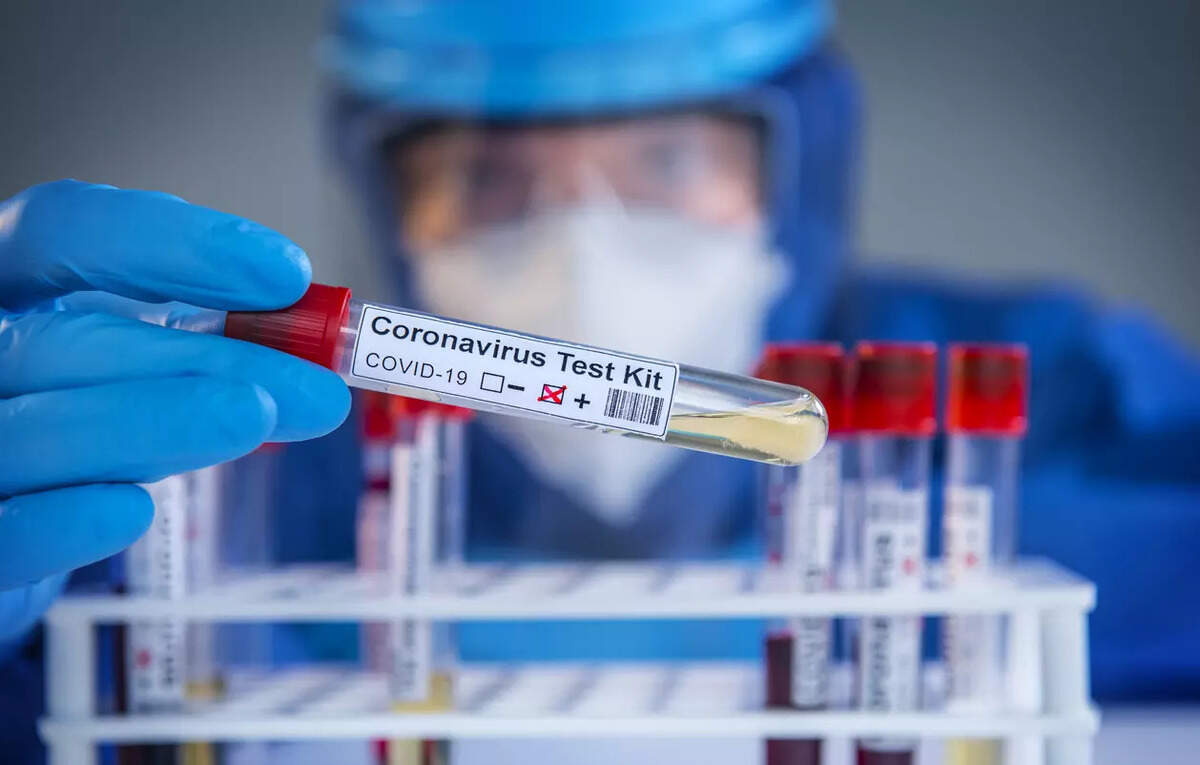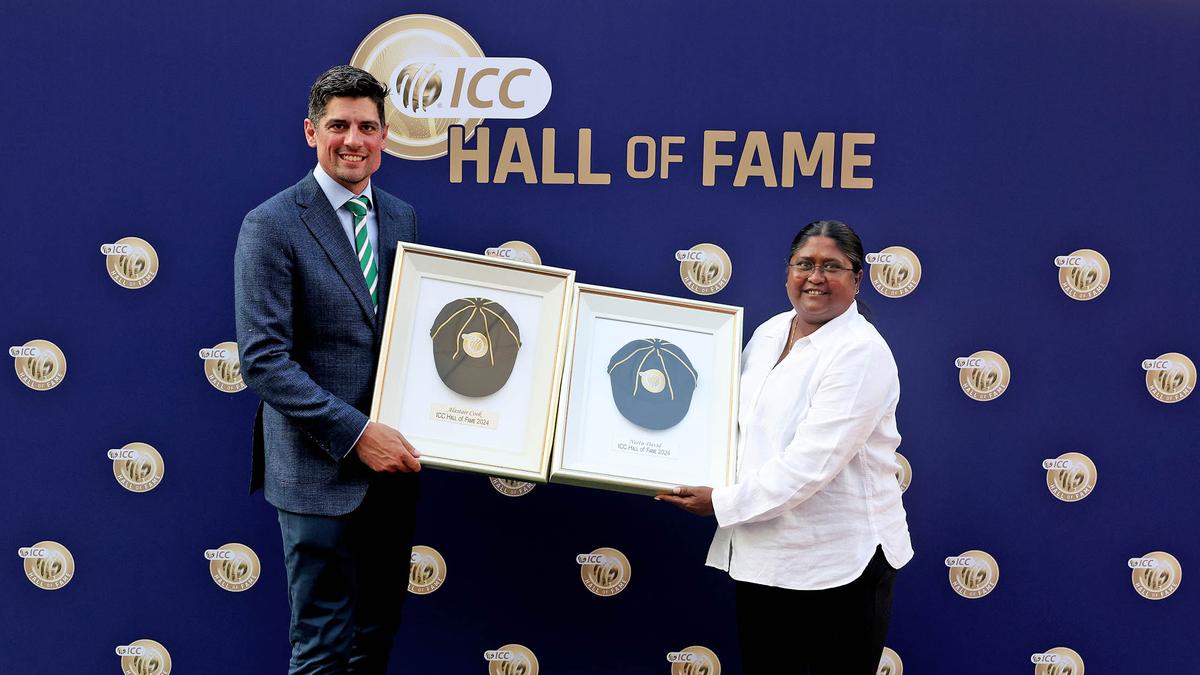
Contents
- 1 The Alarming State of India’s Sub-Centres: Are They Equipped to Handle Basic Medical Conditions?
- 1.1 The Survey’s Findings: A Cause for Concern
- 1.2 The Shortage of Specialists: A Long-Standing Issue
- 1.3 The Rise of Non-Communicable Diseases in Rural Areas
- 1.4 The Government’s Efforts: A Step in the Right Direction
- 1.5 The Importance of Easy Access to Medicines
- 1.6 Conclusion: A Call to Action
- 1.7 Join the Conversation
- 1.8 Download the ETHealthworld App
- 1.9 Scan to Download the App
The Alarming State of India’s Sub-Centres: Are They Equipped to Handle Basic Medical Conditions?
As we strive to achieve universal health care, it’s disheartening to learn that India’s sub-centres, the primary point of contact for people seeking medical attention, are woefully unprepared to manage basic medical conditions like hypertension and diabetes. A recent survey conducted by the Indian Council of Medical Research (ICMR) and the World Health Organisation (WHO) in 19 districts across seven states reveals a startling truth: only about 4 in 10 sub-centres are equipped to treat these conditions.
The Survey’s Findings: A Cause for Concern
The survey assessed 105 sub-centres and found that nearly one-third of them had stock-outs of tablet metformin, an anti-diabetes medication, while almost half (45%) reported stock-outs of tablet amlodipine, used to manage high blood pressure. The median duration of these stock-outs ranged from one to seven months. This is alarming, especially considering that these medicines are crucial in preventing serious complications and reducing the risk of negative individual, social, and economic outcomes.
The Shortage of Specialists: A Long-Standing Issue
The survey also highlights the shortage of specialists at the Community Health Centre (CHC) level, a issue that was also raised in the rural health statistics report of 2020-21. The report showed a staggering shortfall of physicians (82%) and surgeons (83%) at CHCs. This shortage of specialists is a long-standing issue that needs to be addressed urgently to ensure that people have access to quality healthcare.
The Rise of Non-Communicable Diseases in Rural Areas
The ICMR-India Diabetes Study (ICMR-INDIAB) reports that there is evidence of a non-communicable diseases epidemic spreading to rural areas in India, in addition to urban areas, due to changes in lifestyle. This makes it even more crucial to improve the preparedness of sub-centres to provide primary care services closer to people’s homes.
The Government’s Efforts: A Step in the Right Direction
The Government of India has accelerated its efforts to strengthen Comprehensive Primary Health Care (CPHC) for achieving Universal Health Care through the Prime Minister’s flagship Ayushman Bharat Health and Wellness programme. This is a step in the right direction, and it’s essential to continue committed resources and efforts to enhance the primary care services.
The Importance of Easy Access to Medicines
India has the second-highest number of adults (20-79 years) with diabetes in the world, and approximately 3% of the total deaths in India in 2019 were attributed to the disease. The number of people suffering from hypertension is also on the rise. Easy access to medicines to manage these conditions at early stages can help prevent serious complications and slash the risk of negative individual, social, and economic outcomes.
Conclusion: A Call to Action
The survey’s findings are a wake-up call for us to take immediate action to improve the preparedness of sub-centres to manage basic medical conditions. It’s essential to ensure that these primary healthcare facilities have access to basic medicines and specialists to provide quality care to people. We must continue to commit resources and efforts to enhance primary care services and achieve universal health care.
Join the Conversation
Share your thoughts on the state of India’s sub-centres and how we can work together to improve primary healthcare services. Join our community of 2M+ industry professionals and subscribe to our newsletter to get the latest insights and analysis.
Download the ETHealthworld App
Stay updated with the latest news and trends in the healthcare industry. Download the ETHealthworld App and get real-time updates, save your favourite articles, and more.
Scan to Download the App
Scan the QR code to download the ETHealthworld App and stay connected with the latest developments in the healthcare industry.
Content originally published by health.economictimes.indiatimes.com















